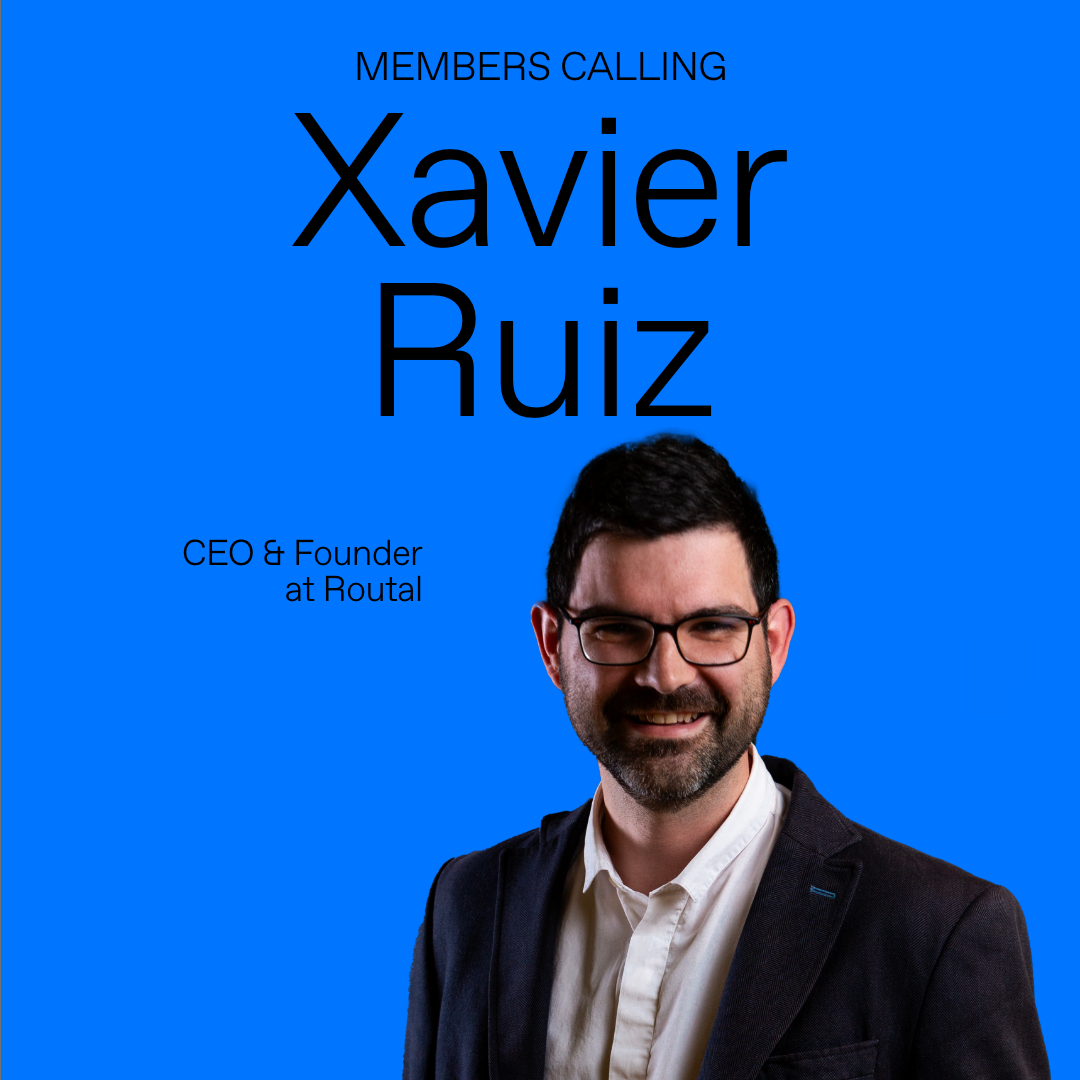Noticias
Tourism after the pandemic. Technology and cities

Online Session
Date: 12/5/21
Moderador:
Mauricio Prieto, CoFounder eDreams, now at Travel Tech Essentialist
Ponentes:
Juanjo Rodriguez, CEO y Founder The Hotels Network
Mario Gavira, VP Growth Kiwi.com
Dani Rocafort, CEO VISYON
Luz Alvarado, CoFounder Chartok
Take Aways:
- Online Travel Agencies are more valuable in the post covid era, due to the projection of digital business, despite lower turnover and lower growth this year.
- Technology is also impacting the offline context: tourist experiences are being transformed with augmented reality.
- Startup-corporate collaboration is trending: but beware of corporate-washing deals, real collaborations are not easy.
- There is an inherent tension in the travel industry: the commoditization of online travel agencies versus the direct selling experience of hotels.
- The pandemic has caused uncertainty and this causes opinions. The challenge is not to get distracted by the noise.
Post-pandemic learnings
“Everyone has a plan until they get punched in the mouth”. This quote from Mike Tyson, recalled during the session by the speakers, exemplifies the situation of the tourism sector in the face of the emergence of the coronavirus. The ability to adapt outweighs the most detailed plan when unforeseen events arise, even more when tourism is exposed to a multitude of factors. Tourism is one of the sectors most affected as a consequence of the pandemic, and technology appears as a protagonist in the definition of the new models that have to lead the recovery.
Juanjo Rodríguez, CEO and Founder of The Hotels Network, a software aimed at increasing hotel conversion, warns of the importance of prioritising when facing a crisis. “The pandemic has caused uncertainty and this makes people generate opinions. The noise makes it easy to lose focus but we only need to worry about the things that affect us directly and resist making predictions about the future”.
Collaboration between corporates and startups
Startups have innovation and agility in their DNA. Corporate has an established business. Collaboration between these two agents is a trend, not only in the tourism sector. However, they are not always perfect agreements. “Some companies in the sector are doing corporate washing by setting up acceleration programmes, but there is a lack of awareness so that joint ventures and real collaborations can take place”, says Luz Alvarado, CoFounder of Chartok, a hotel management software.
Growth of OTAs despite the context
The stock market values a company projection more than its current state. In a similar situation are the OTAs (Online Travel Agencies), which despite their lower turnover are worth more. The explanation has to do with projection. In the words of Mario Gavira, VP Growth of the travel platform Kiwi, “the different crises have changed the sector and the big beneficiaries have been the pure online players, this crisis has accelerated digitalisation and this means more potential market”.
But technology is not only impacting the online format. The physical experiences of tourists at their destination are booming with the explosion of 5G. “The big tech companies are betting on 5G and using the tourism channel along with augmented reality. We have seen cases in Barcelona’s tourist bus, with translucent screens that provide digital information that complements the real part,” explains Dani Rocafort, CEO of Visyon. This Catalan company has found the formula to turn events into immersive experiences. A commitment to the hybrid context that convinced Mediapro, which acquired Visyon in 2019.


